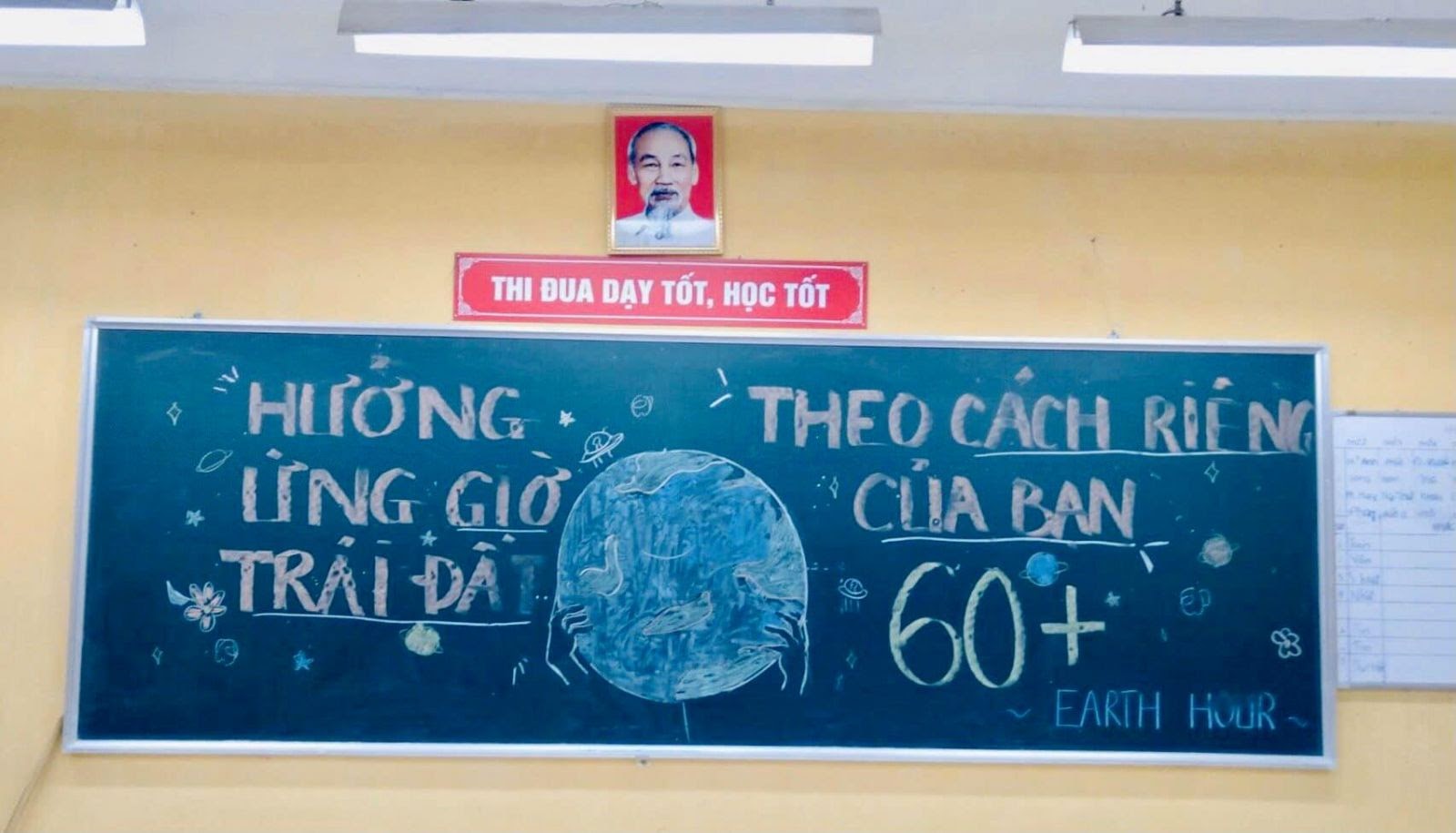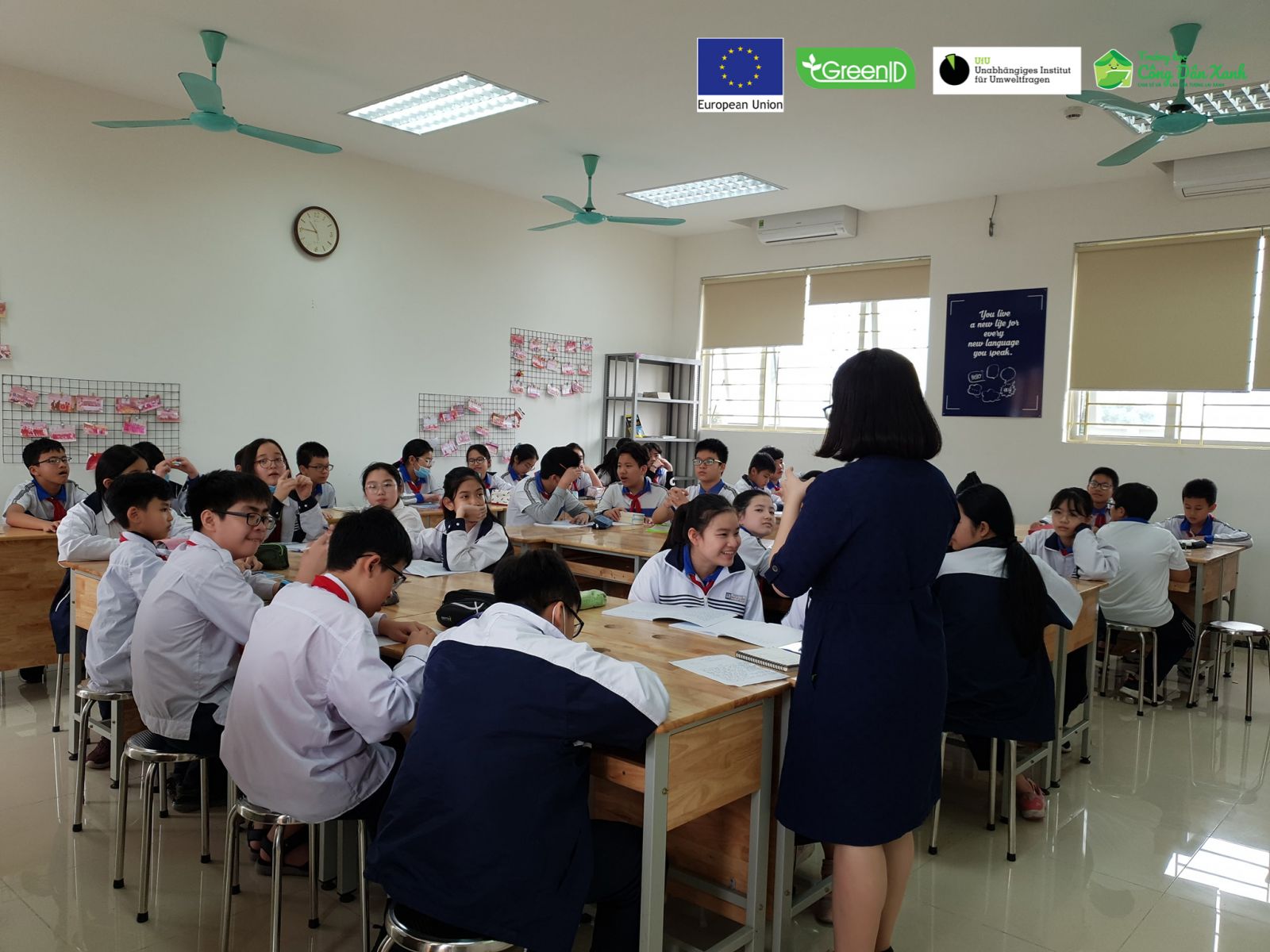
More than 6,400 residents of Thailand, Vietnam, and Cambodia have signed and thumb-printed a statement on the Don Sahong Dam project, airing concerns ranging from the river’s diminishing fish stocks to the lack of transparency of the Mekong River Commission.
The statement, presented last week at the Mekong People’s Forum in An Giang, Vietnam, asserted that the inhabitants of the Mekong River region have neither been properly educated nor consulted about the dam’s potential effects, and urgently called for the Mekong regional governments to provide forums for their concerns to be addressed. Construction of the dam, which lies just north of the Cambodian border, began earlier this month.
The statement is part of a continuing grassroots protest against the dam; two months ago, the NGO Forum of Cambodia released a similar statement, asserting that the civil societies of Laos, Cambodia, Thailand and Vietnam had not been meaningfully consulted on the 256-megawatt hydropower project.
Though no clear impact studies have been done on the dam’s potential, locals and NGOs alike fear the worst. “We who have grown up with the river are able to see even the smallest changes. Over the last ten years we have seen the water levels drop and the fish stocks diminish. We are worried for the future of our children,” said Huynh Thi Kim Duyen, a community representative from Ca mau province, Vietnam.
“There has been no clear impact study. But our beneficiaries will be impacted,” says Or Channy of the Cambodian Rural Development Team, which endorsed the NGO Forum’s statement. “For the CRDT, a lot of our beneficiaries live along the Mekong. We think they may lose their livelihoods. Their farmland might be flooded—and infrastructure, like water collectors and toilets, may no longer work well, because of the dam.”
Mr. Channy went on to assert that affected communities should have the right to a clear assessment of the dam’s impacts, which, he says, has not yet been conducted for the entire region.
Meanwhile, the government in Cambodia maintains that the work of solving problems related to the Don Sahong is the job of the Mekong River Commission, an intergovernmental body created to oversee exploitation of the river, and must come from the cooperative efforts of its member countries.
“The Don Sahong Dam is a significant problem with regards to its capacity to pollute the river,” says Heng Ret Mony Da, of the Kratie Water Department, “And it’s the job of the local government to educate our people about what might happen, and how their lives may change. However, we can only implement the policy of the MRC, not solve these problems ourselves.”
Most resistance to the dam in Cambodia, he adds, comes from groups of locals near the border with Laos—those farther down the river, though they may potentially be affected, do not understand clearly the potential effects of the dam.
In response to last week’s statement, Phoenekeo Daovong, the Director General of Energy Policy in Lao PDR, emphasized that Laos’s work on the dam had proceeded following the protocols called for by the Mekong River Agreement of 1995: it had entertained six months of prior consultation before continuing with its plans.
“We have the official reply letter from each of the member countries of the MRC,” says Dr. Daovong, “and they support our economic development. The point of prior consultation is to collect the views of those in the Commission. We have collected their views.”
Speaking about the press release and the demands made at the People’s Forum, he said: “The Laos government is open to any useful post-consultations.”
Reference at: http://www.khmertimeskh.com/news/17834/mekong-locals-seek-a-voice-on-don-sahong/

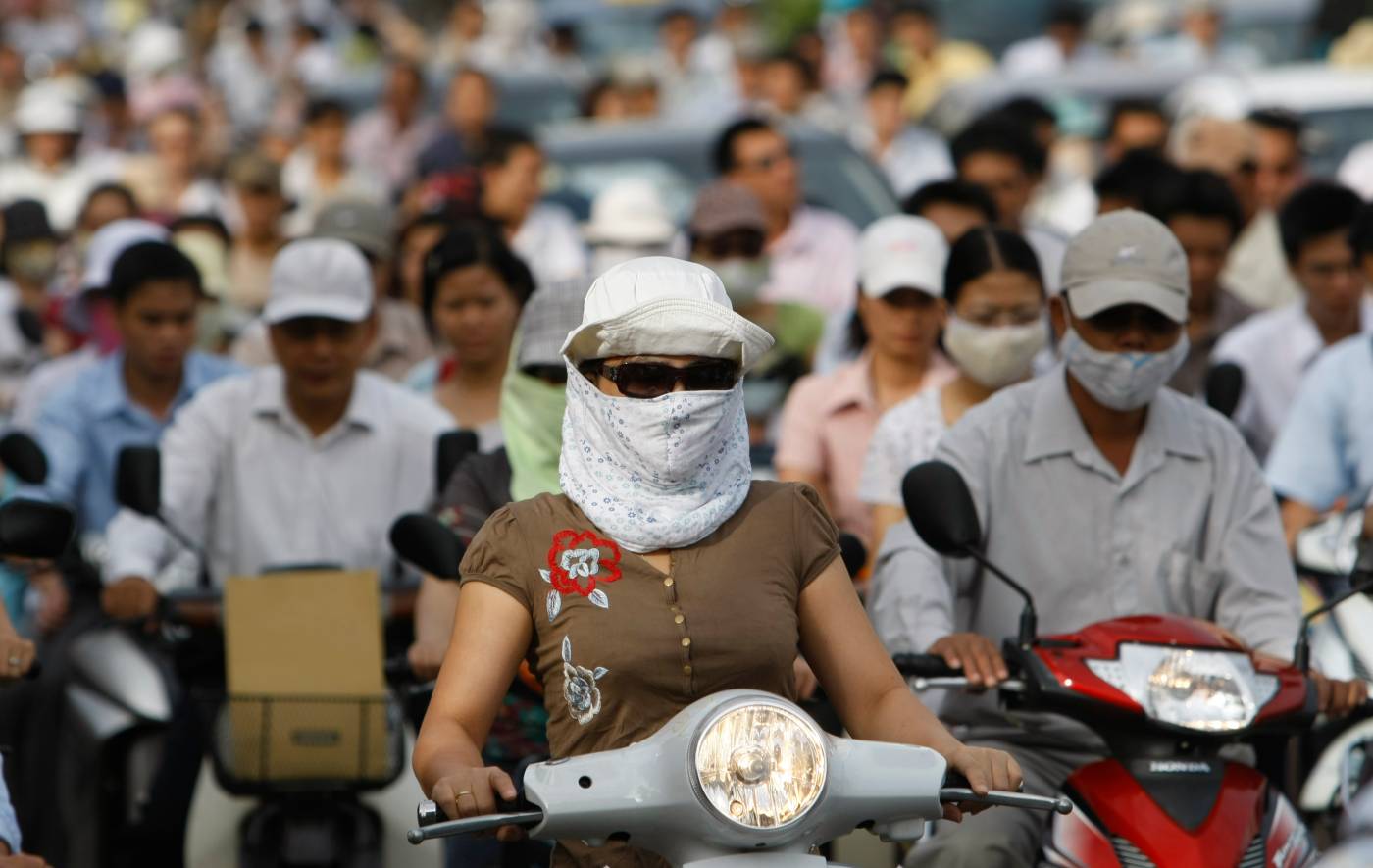
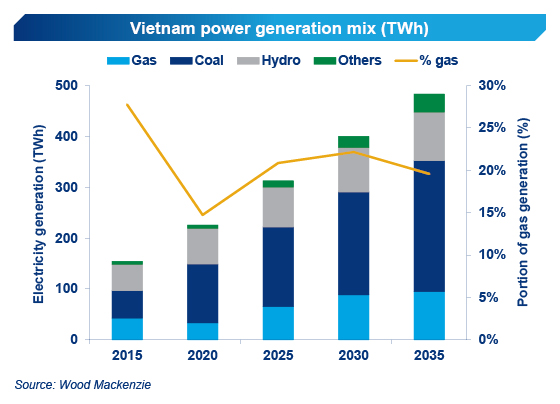
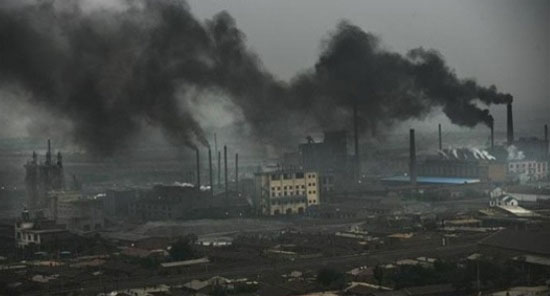
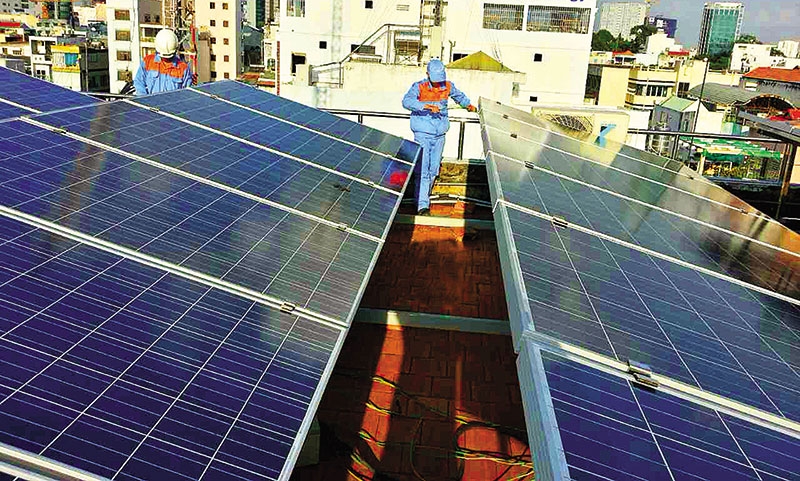
.png)
